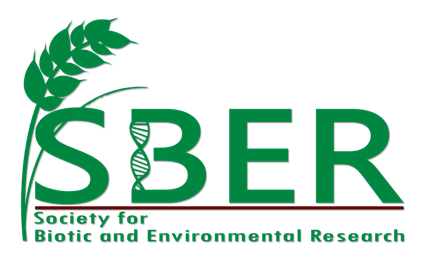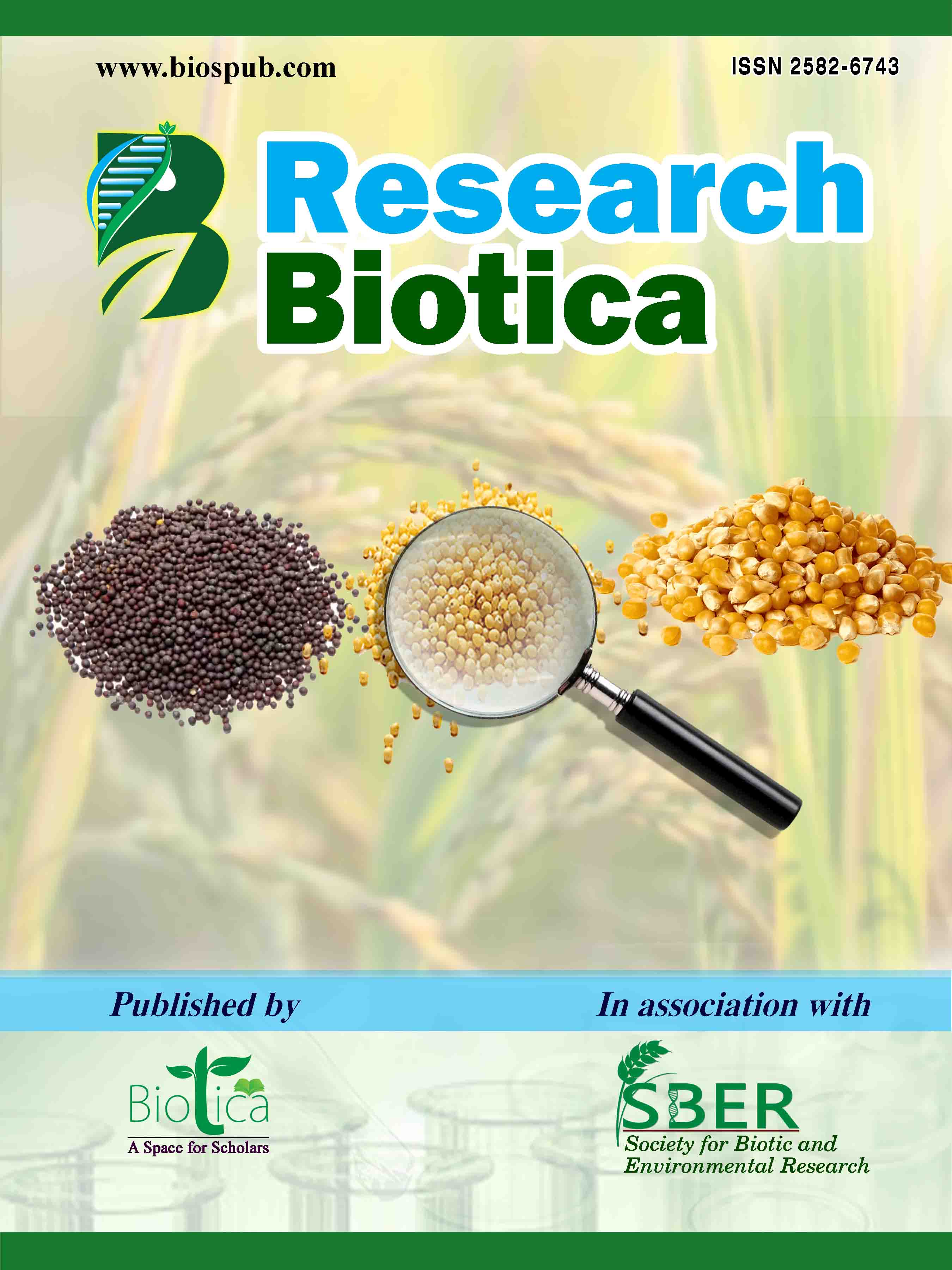Ecologically Based Integrated Pest Management: A way Forward towards Sustainable Agriculture
Keywords:
Chemical control, IPM, Sustainable agriculture, Ecological componentsAbstract
Post chemical control era, there is a need arose regarding the sustainability of agriculture, thus the lesser reliance on pesticides has led more emphasis on the environmental feasibility. In this context, EBIPM (Ecologically Based Integrated Pest Management) sounds quiet feasible to get the above said goals by integrating all the pest management tactics. Furthermore, the protection of land, water and other ecological components in an IPM system became important in this context. In fact, environmental risks associated with pest management include detrimental effects to beneficial and non-target organisms, aquatic toxicity, avian toxicity, and have direct links with the ecological concerns through resource allocations. Through, EBIPM practices, the detrimental effects can be minimised to achieve sustainable agriculture.









 |
|